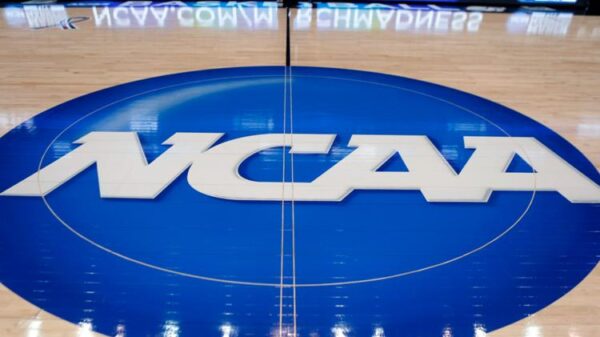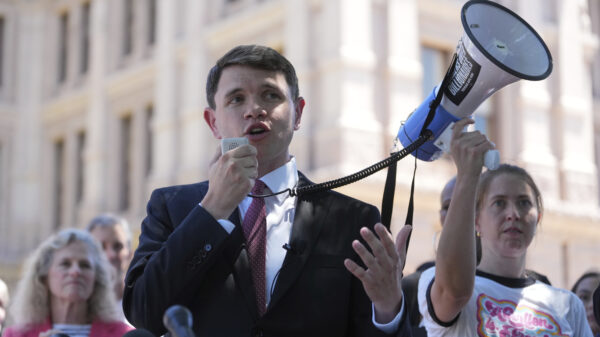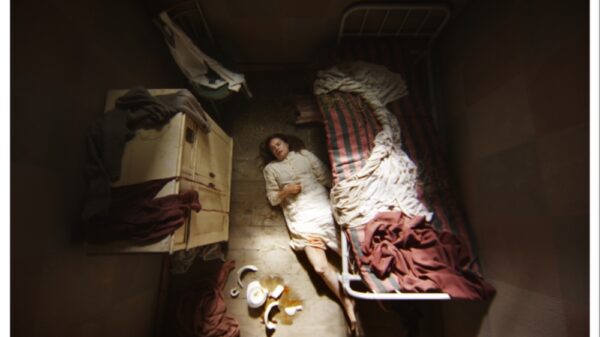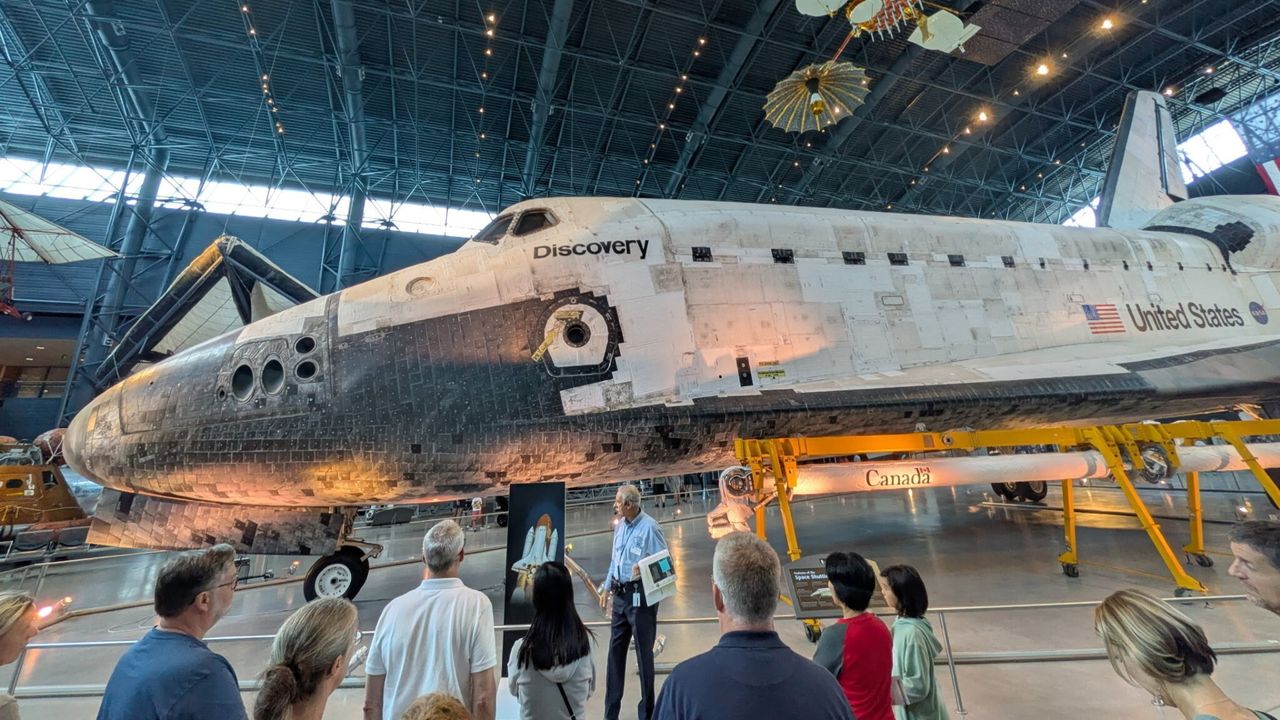The future of the space shuttle Discovery is in jeopardy as a political dispute unfolds over its potential relocation from the Smithsonian Institution’s Udvar-Hazy Center in Chantilly, Virginia, to Houston, Texas. New correspondence among NASA, Congress, and the Smithsonian reveals that the shuttle may need to be partially dismantled for the transfer, risking irreversible damage to a significant piece of spaceflight history.
According to a letter sent to congressional committees, officials from the Smithsonian have indicated that the shuttle’s move could cost between $120 million and $150 million, excluding the expenses related to building a new facility in Texas for its display. This figure far exceeds the $85 million allocated in the bill supporting the relocation. The push to move Discovery began after a failed initiative by U.S. Senators John Cornyn and Ted Cruz (both R-Texas), whose “Bring the Shuttle Home Act” was incorporated into President Trump’s “One Big Beautiful Bill,” signed into law on July 4, 2023.
In a recent letter, the Smithsonian confirmed that both NASA and the museum have been directed by the Office of Management and Budget to prepare for the shuttle’s transfer within 18 months. However, the letter also stated that significant disassembly would be necessary, a process that could “destroy its historical value.”
Concerns Over Damage and Legal Ownership
The potential dismantling of Discovery has sparked alarm among advocates for its preservation. Joe Stief, organizer for KeepTheShuttle.org, has voiced concerns about the implications of such a move. He noted that the shuttle was not designed for disassembly, stating, “You would have to break the shuttle into at least six major component parts, probably more,” in order to transport it.
Stief emphasized that the disassembly process would likely cause catastrophic structural damage. “You would have to be taking off hundreds, probably thousands, of the thermal tiles,” he explained. “They specifically preserved Discovery to keep all that intact, so that future researchers and engineers could study and learn from the shuttle.”
The advocacy group has garnered over 3,500 supporters who are pushing to prevent the shuttle’s relocation. In a letter dated September 23 to U.S. Senators Susan Collins and Patty Murray, the Chair and Vice Chair of the Committee on Appropriations, Senators Mark Kelly, Mark Warner, Tim Kaine, and Richard Durbin urged the committee to block the transfer, arguing that removing an item from the National Collection sets a troubling precedent.
The letter highlighted that Houston’s disappointment at not being selected as the shuttle’s permanent home is understandable, but argued that revisiting nearly 15-year-old decisions undermines public trust.
Political Backlash and Institutional Independence
In response, Senators Cornyn and Cruz accused the Smithsonian of engaging in a “frivolous misinformation campaign” and potentially breaching the Anti-Lobbying Act. They challenged the assertion that Discovery requires disassembly and criticized the Smithsonian’s cost estimates as being “more than 10 times higher” than those provided by private-sector logistics firms.
The Smithsonian stands firm on its position that it owns Discovery, following a transfer of “all rights, title, interest and ownership” from NASA in 2012. The institution also questions whether the government-ordered relocation has any legal basis. However, Cornyn and Cruz’s letter counters this narrative, asserting the Smithsonian is fundamentally a creation of Congress and emphasizing that two-thirds of its budget comes from federal appropriations.
Stief noted the legal complexities surrounding the situation, mentioning that the Department of Justice would represent the Smithsonian. “Even if the letter of the law is in their favor, the legal angle is not something we feel we can rely on,” he remarked.
The outcome of this ongoing dispute could set a new precedent regarding the treatment of artifacts in the Smithsonian’s care and the scope of executive authority over institutional independence. As Congress remains in a partial government shutdown, negotiations over the fiscal year 2026 appropriations bill are ongoing, with decisions regarding Discovery’s fate intertwined with stalled funding discussions.
Stief concluded, “Even if you had an unlimited budget, this wouldn’t be the right thing to do.” The debate surrounding Discovery highlights broader questions about the preservation of historical artifacts and the role of government in cultural heritage.






































































